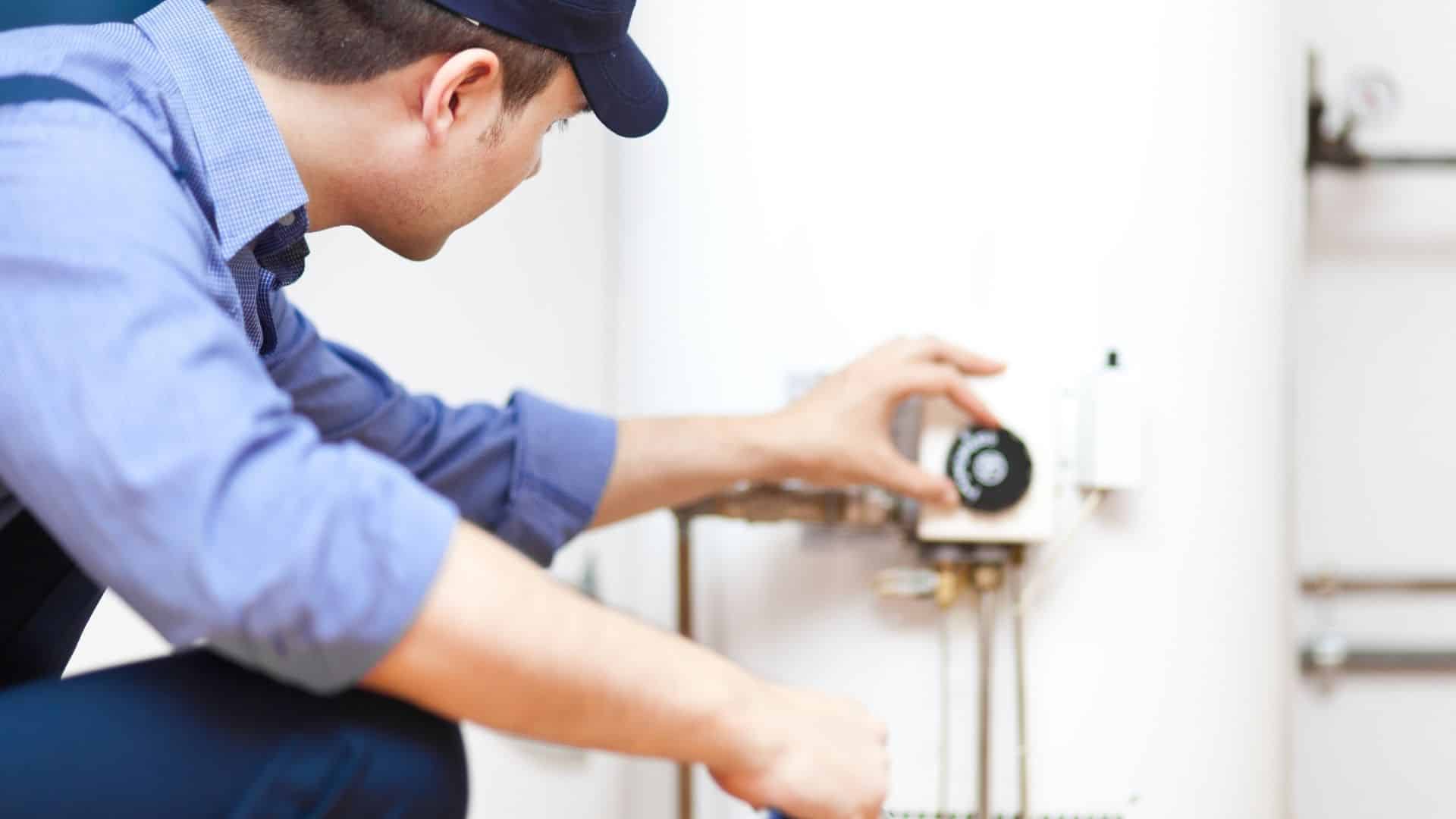Slab Leak Repairs Haverhill

Slab Leak Repairs Haverhill
FILL OUT OUR ONLINE CONTACT FORM OR
CALL FOR
ANY OF OUR HOME SERVICES IN Boston.

FILL OUT OUR ONLINE CONTACT FORM OR CALL FOR
ANY OF OUR HOME SERVICES IN BOSTON
Slab Leaks in Haverhill MA
Underground and foundation slab leaks are a frequent problem in Haverhill, MA. Leaking pipes situated
underground can occur due to various factors. The instability of the ground beneath your foundation
slab, caused by the structure’s weight and the soil’s characteristics, can result in settling and sagging,
ultimately leading to leaks. Moreover, tree roots can cause pipe displacement, while temperature
fluctuations can cause expansion and contraction, resulting in joint failure. One significant reason for
under-slab water leaks is the interaction between iron in the soil and copper pipes. Building materials
like nails, screws, wire, and rebar often contain iron and can contribute to these leaks.
Slab leaks and broken pipe leaks in Boxford and Haverhill are serious issues that require immediate attention. One common location for leaks is when soft copper is bent to transition from underground to inside walls. These areas often have a “manifold” connecting multiple pipes with turns and joints.
Extreme Plumbing is an excellent choice for reliable slab leak repair & installation in Haverhill MA. Call (978) 352-7900. Licensed and insured.
How to Find a Slab Leak?
When dealing with slab leaks in Haverhill MA, our plumbing experts at Extreme Plumbing utilize advanced
technology, such as electronic locating equipment and listening devices, to accurately detect the leak. In
some cases, a laser thermometer can also be used to pinpoint the exact location, especially if it’s on the
hot side. Additionally, our technicians are trained to identify hotspots caused by these leaks through
infrared scanning.
Where Can Slab Leaks Happen?
Common Locations for Slab Leaks
Steps to Repair a Slab Leak
2. Saw-cutting and Jackhammering: The floor is saw-cut and jackhammered to remove the concrete above the slab leak.
3. Excavating the Soil: The underlying soil is excavated to access and repair the damaged pipe.
What’s Next After Pipe Repair in Slab Leak Service?
Can I Get Insurance for a Slab Leak?
How to Find an Underground or Slab Water Leak in Haverhill
2. Check your water meter: Once all the water sources are turned off, check your water meter to see if it is still running. If the meter is still running, it indicates that water is still flowing somewhere in yourproperty, which could indicate a leak.
3. Inspect your property: Thoroughly walk around your Haverhill property, both inside and outside, and look for any wet spots, mold, mildew, or cracks in the foundation or walls. Pay close attention to areaswith decreased water pressure or hot spots on the floor.
4. Perform a dye test: If you suspect a leak but can’t visually locate it, you can perform a dye test. Add a few drops of food coloring into your toilet tank and wait a few minutes. If the color appears in the toiletbowl without flushing, it could indicate an underground pipe leak.
Frequently asked questions
Can I Detect a Slab Leak on My Own?
How Much Does an Underground Leak in Haverhill Cost?
Why Choose Extreme Plumbing for Slab Leak Repairs?
Here’s why you should trust us with your slab leak repair needs:
Timeliness and Accuracy: We understand that your time is valuable and the importance of efficient repairs. That’s why our dedicated team at Extreme Plumbing is committed to providing timely and accurate services. When fixing slab leaks, you can trust us to get the job done right first, ensuring your peace of mind.
Underground and foundation slab leaks are a frequent problem in Haverhill, MA. Leaking pipes situated underground can occur due to various factors. The instability of the ground beneath your foundation slab, caused by the structure’s weight and the soil’s characteristics, can result in settling and sagging, ultimately leading to leaks. Moreover, tree roots can cause pipe displacement, while temperature fluctuations can cause expansion and contraction, resulting in joint failure. One significant reason for under-slab water leaks is the interaction between iron in the soil and copper pipes. Building materials like nails, screws, wire, and rebar often contain iron and can contribute to these leaks.
